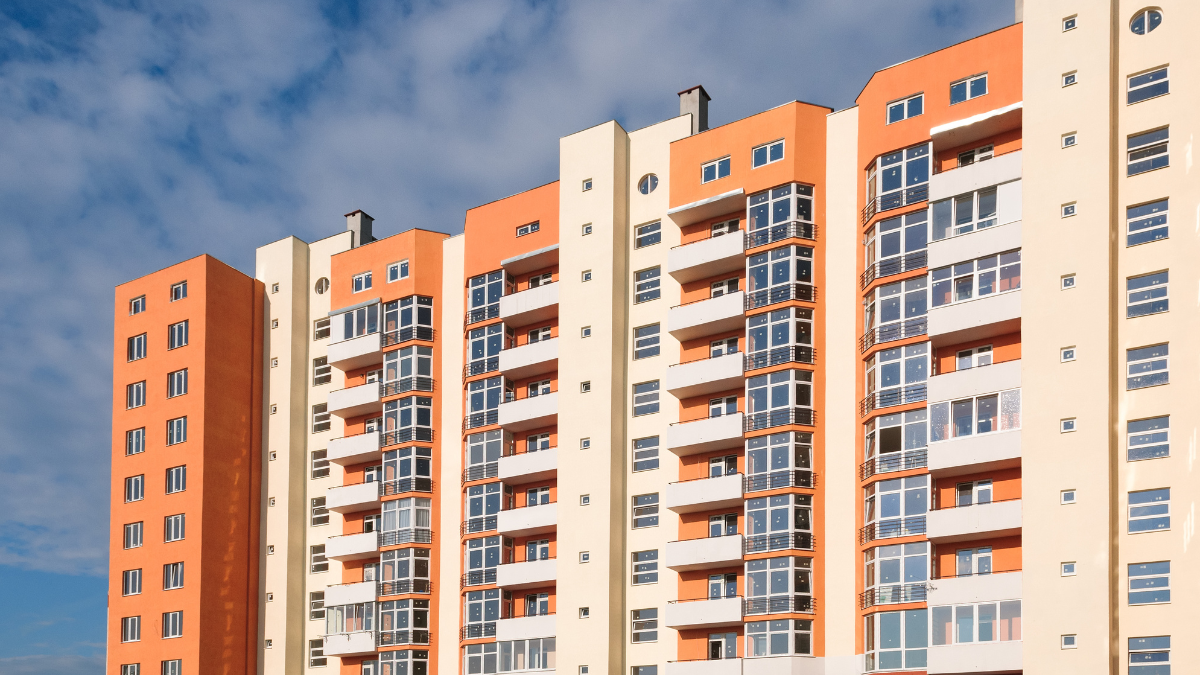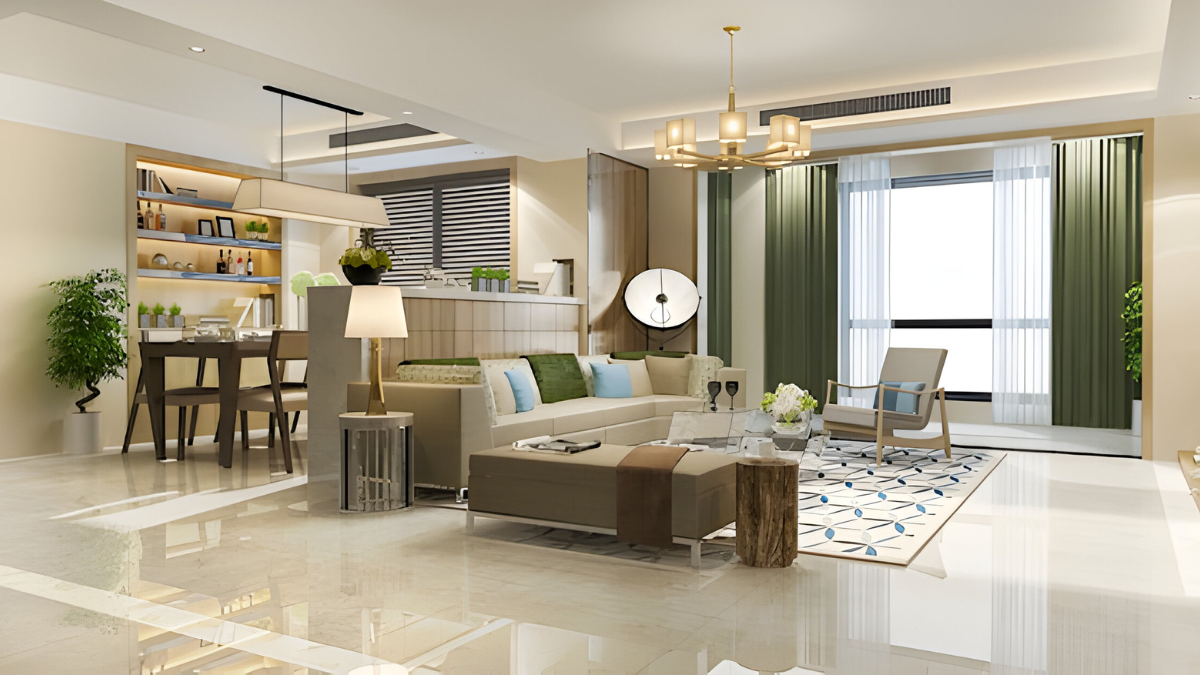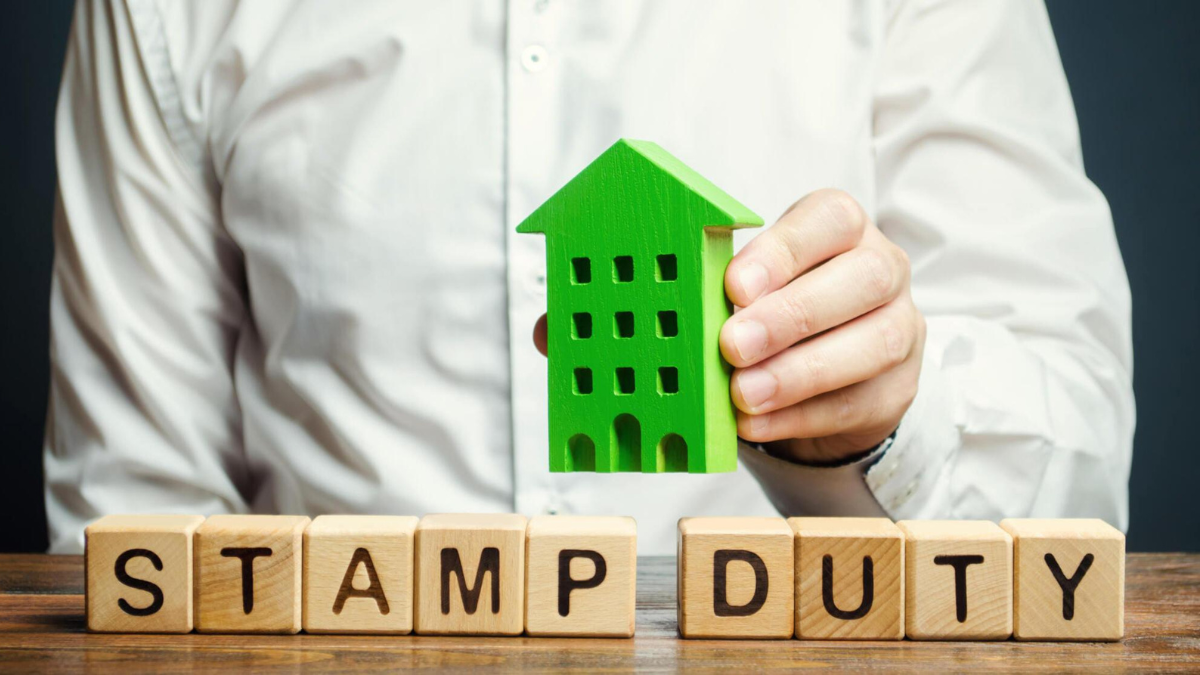
What is a non-occupancy charge in housing societies?
February 8, 2023 . Home Buyer's Guide . 10 min readNon-occupancy charges are fees that the homeowner or the apartment owner is required to pay to the homeowners association or the Residents Welfare Association (RWA) when the owner isn’t occupying the property, but instead, leasing it to someone.
Many homebuyers invest in property as a source of passive income. Leasing or renting is considered commercial use of the property since the homeowner is deriving monetary benefit out of it. Whenever a property is used for a commercial purpose, the homeowners association charges a small amount in the form of a non-occupancy charge. It is a relatively small amount and normally included in the periodic maintenance payment.
In many instances, the tenant agrees to pay the non-occupancy charges on behalf of the landlord, along with the monthly maintenance bill.
How does it affect the tenant?
A tenant of the original society member is classified as a “Nominal Member”, who by legal default derives rights to reside in a society member flat. However the tenant derives no right to have any say in the affairs of the Society.
If the original member is paying the mandatory non-occupancy charge, then the tenant can use the services and amenities that are available to the original member. This includes parking, gym, clubhouse, swimming pool, and more. The usual rights cannot be deprived to a tenant, even if such a resolution is passed by the society’s committee.
Note: As per the bylaws, you don’t have to pay a non-occupancy charge for parking space within the premises of the building if you don’t own a vehicle that you need to park.
How are non-occupancy charges calculated?
In Maharashtra, as per a circular issued on August 1, 2001, the non-occupancy charges are capped at 10% of the maintenance charges that can be levied by the resident association.
Therefore, if a resident needs to pay ₹3500 as total maintenance which includes ₹2500 as service charges, then the non-occupancy charge will be 10% of ₹2500, that is, ₹250.
There is a tendency among many housing societies to charge an arbitrary amount for non-occupancy, but it is considered illegal under the Consumer Protection Act.
Whether you need to pay the charges depends on which state you are buying property in. For example, the government of Karnataka has issued guidelines against the collection of non-occupancy charges.
Since the guidelines for it vary from state to state, you will need to keep track of the current rules and regulations and find out how much non-occupancy charge you need to pay.
Can the tenant pay the non-occupancy charges instead of the owner?
According to the bylaws, it is the owner who is supposed to pay the non-occupancy charges they are giving the property on rent. However, many landlords do make their tenants pay the non-occupancy charge. Since the charge is nominal in most cases, an informal arrangement is often done out of convenience. It is easier for the tenant to pay additional ₹200-700 along with the usual service and maintenance charges that are anyways borne by the tenant.
When do you not have to pay non-occupancy charges?
You don’t have to pay the charges if your apartment is locked and no one is occupying it. Although you will be paying the usual maintenance charges.
If your family members are occupying your apartment even then you don’t have to pay non-occupancy charges. Family members may include your spouse, your children, your siblings, your parents, your grandkids, daughter-in-law, son-in-law, or sister-in-law.
Conclusion
Since residential apartments are meant for non-commercial purposes, it is understandable that renting it out for revenue can attract additional charges. Since the charges are not much, nobody minds paying them. Many societies are known to charge exorbitant amounts, which are not legitimate.
Although these are rare cases, it would be beneficial if you do your own research and find out the local laws governing your choice of rented property.



